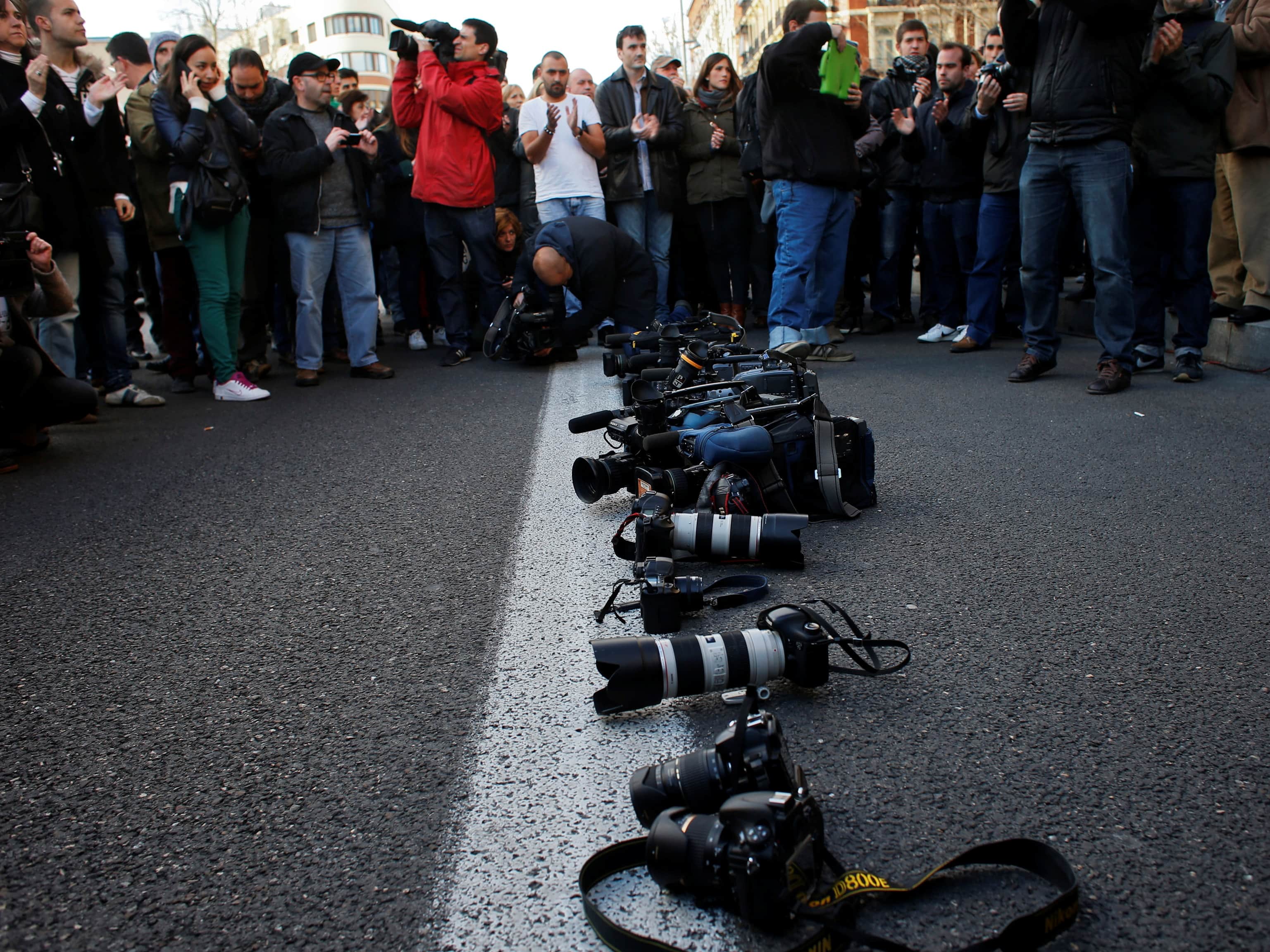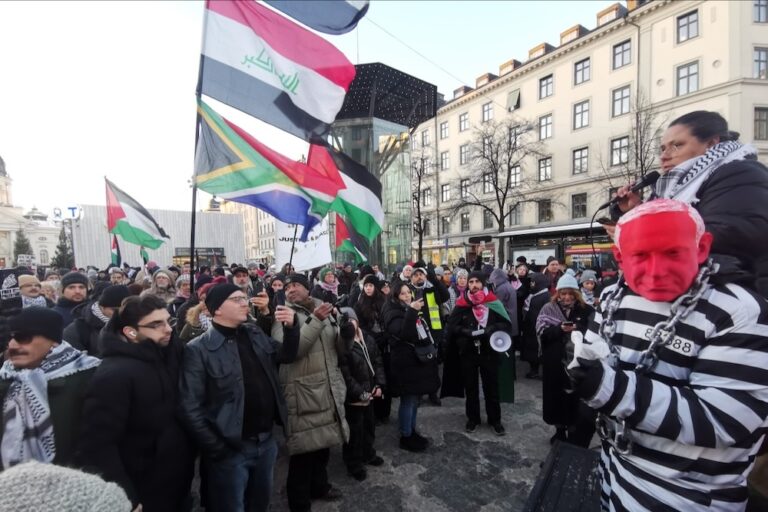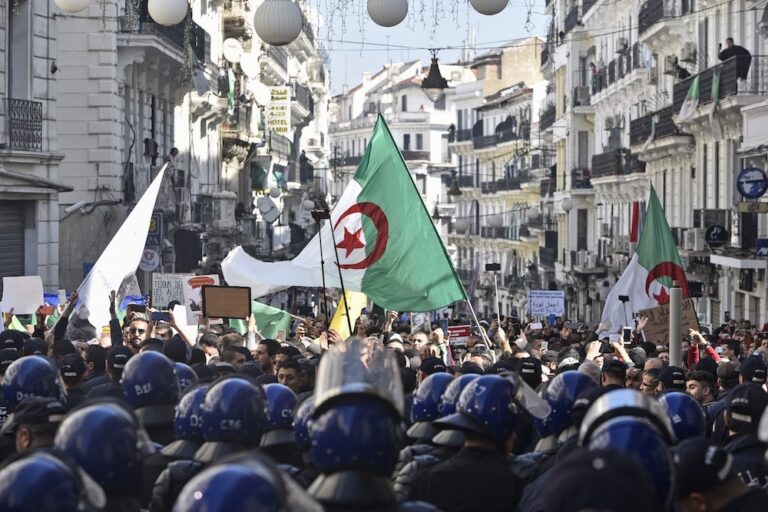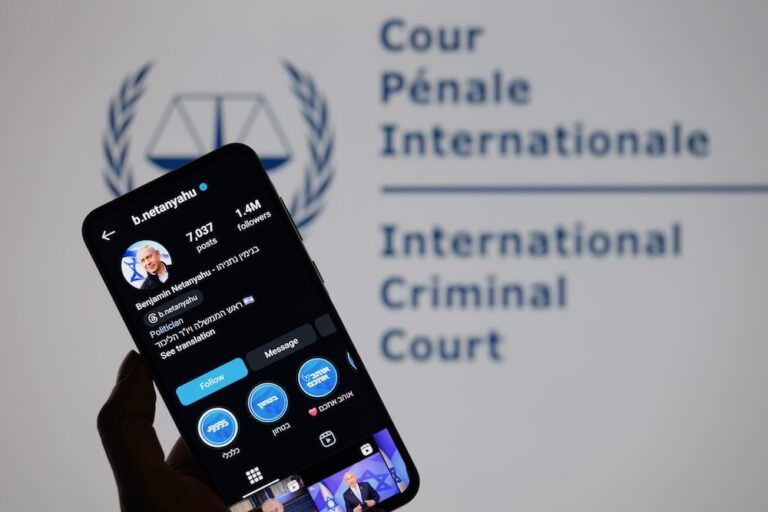WAN-IFRA's Global Press Freedom Report, June 2012-May 2013, takes a twelve-month snapshot of the major issues affecting press freedom and freedom of expression worldwide.
WAN-IFRA’s Global Press Freedom Report takes a twelve-month snapshot of the major issues affecting press freedom and freedom of expression worldwide.
The safety of journalists continues to be of major concern in areas of the world where conflict makes reporting the news dangerous, often deadly. WAN-IFRA research reveals that at least 15 media professionals lost their lives in Syria, and at least 10 in Somalia during the reporting period. Whether at the hand of extremists, organised criminal gangs or official security forces, journalists increasingly find themselves in the firing line.
Where the media is targeted, impunity for the killers of journalists continues to prolong the agony for the victims’ families and cast a chilling shadow over the profession. In countries where justice persistently fails such as Pakistan or Mexico, where independent investigative reporting is vital, too frequently journalism has become a deadly occupation. Global efforts to reverse such trends such as the United Nations’ Plan of Action on the Safety of Journalists and the Issue of Impunity have gained traction in the last twelve months. Bringing together governments, the UN system, NGOs and industry in one concerted effort to combat crimes against journalists, it remains to be seen how effectively the Plan can be implemented in the parts of the world most affected by violence.
Criminal defamation and other legal weapons aimed at muzzling independent media persist, with cases in Russia, Italy, Libya and Cameroon highlighting the global appeal of such pernicious legislation for those in power to stifle criticism and debate. The space for such freedoms within newly formulated constitutions is yet to be defined, and as debate continues in Egypt and Tunisia the media remains unprotected and faces increasing attacks in the post-revolution reconstruction. Proposals for tighter press regulation in the United Kingdom and a Secrecy Bill in South Africa contrast with the positive steps towards greater legislative freedom for the press in Myanmar. Nevertheless, media watchdog organisations are closely monitoring the formulation of legal texts that will define how freedom of expression is framed in emerging societies and established democracies alike.
Soft-censorship has become the weapon of choice for governments looking to exert financial pressures on the independent press as a means of bending it to their will. Government interference in advertising distribution in countries such as Argentina and Azerbaijan forms part of a larger worldwide pattern of economic sanction against independent journalism.
Policing the digital debate has led to increased online censorship and imprisonment of netizens in countries around the globe. Bahrain has targeted Twitter users while Vietnam continues to jail bloggers in its on-going suppression of political debate. China remains key to how online censorship will develop, with its Great Firewall still policing hundreds of millions of users and restricting the free-flow of information, despite some notable exceptions. Perhaps most worrying is the influence the Chinese model of Internet censorship is having over countries such as Pakistan, Egypt and Iran when it comes to installing surveillance technologies and emulating government-controlled Internet policing. The fight for online freedoms will only intensify in the coming twelve months as Anonymous movement ‘hacktivist’ trials and that of WikiLeaks source Bradley Manning reach verdicts.



